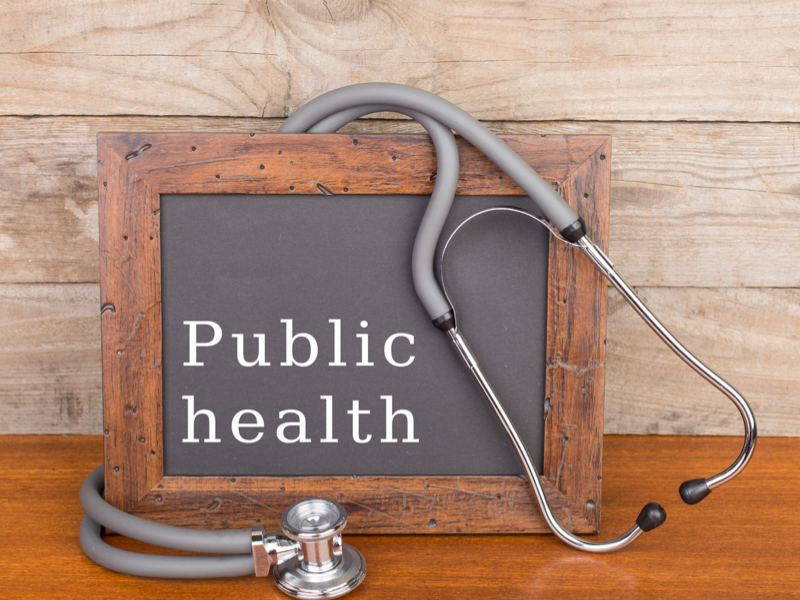National Public Health Week is April 3-9, 2023


National Public Health Week is April 3-9, 2023. National Public Health Week is committed to making health inclusive and equitable. The observance hopes to foster decision-making that considers the health of all communities.
Meanwhile, public health efforts are ongoing during the other 51 weeks of the year. Public health works tirelessly around the globe and close to home helping ensure we have cleaner water to drink, more nutritious food to eat, higher-quality air to breathe and access to a broad range of services to promote human health from vaccines and doctors to public parks.
Across the United States including ground-breaking efforts in states including Ohio, the Foundational Public Health Services (FPHS) are being used as a framework to transform public health. Public health departments like your Meigs County Health Dept. (MCHD) have a fundamental responsibility to provide public health protections and services in several areas. Unfortunately, the infrastructure needed to fulfill these responsibilities is essential yet is historically and chronically underfunded and outdated.
The FPHS were developed in 2013 to define a minimum package of public health capabilities and programs that no jurisdiction can be without. Almost 10 years and a global pandemic later, it was time to refresh the FPHS framework to assure it continues to reflect the evolving nature and modernization of governmental public health.
The FPHS are a key framework that can be used improve the nation’s public health infrastructure, outline the unique responsibilities of governmental public health and define a minimum set of Foundational Capabilities and Foundational Areas that must be available in every community. The FPHS framework explains the role of governmental public health in a thriving community, assesses capacity and resource gaps, determines the cost for assuring foundational activities and identifies funding needs. The Foundational Capabilities are: Leadership & Organizational Competencies; Health Equity & Cultural Responsiveness; Community Partnership Development; Assessment & Epidemiology; Policy & Planning; Communication; Emergency Preparedness & Response. The Foundational Areas are Communicable Disease Control; Chronic Disease & Injury Prevention; Environmental Public Health; Access to and Linkage with Clinical Care.
The Public Health National Center for Innovations (PHNCI), which is home to the FPHS, involves statewide public health systems in the process of transforming their public health practice using the FPHS. Additionally, the historic investment from CDC to strengthen public health infrastructure, workforce, and data systems, combined with other investments in public health modernization, provides an opportunity to focus on building the Foundational Capabilities needed everywhere for public health to work anywhere.
In Ohio during the past several years, a collaboration of five public health associations representing health departments led work to: Determine the cost of foundational public health services currently provided, gaps that exist, and the costs of closing those gaps; Maximize the use of shared services; Explore a pathway to Public Health Accreditation Board (PHAB) accreditation for small health departments; Align population health hospital and public health department planning requirements for population health.
The MCHD, which is PHAB accredited, is required to report its work on the FPHS to the Ohio Department of Health and the Ohio Public Health Association on an annual basis. For more information about services provided by your MCHD, visit our offices located at 112 E. Memorial Drive in Pomeroy, OH Monday through Friday from 8AM-4PM or www.meigs-health.com.
Source: The Public Health National Center for Innovations

Courtney Midkiff, BSC
MCHD Administrator









